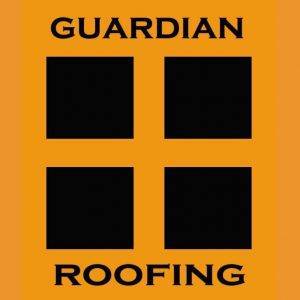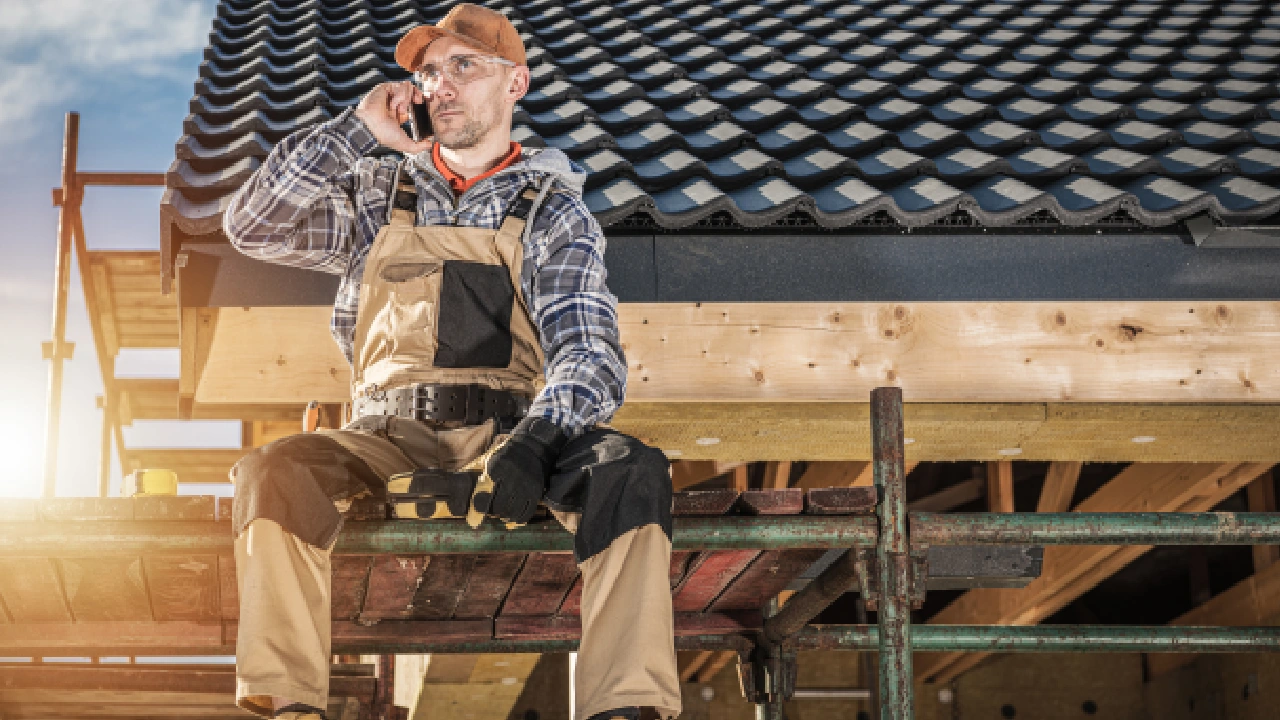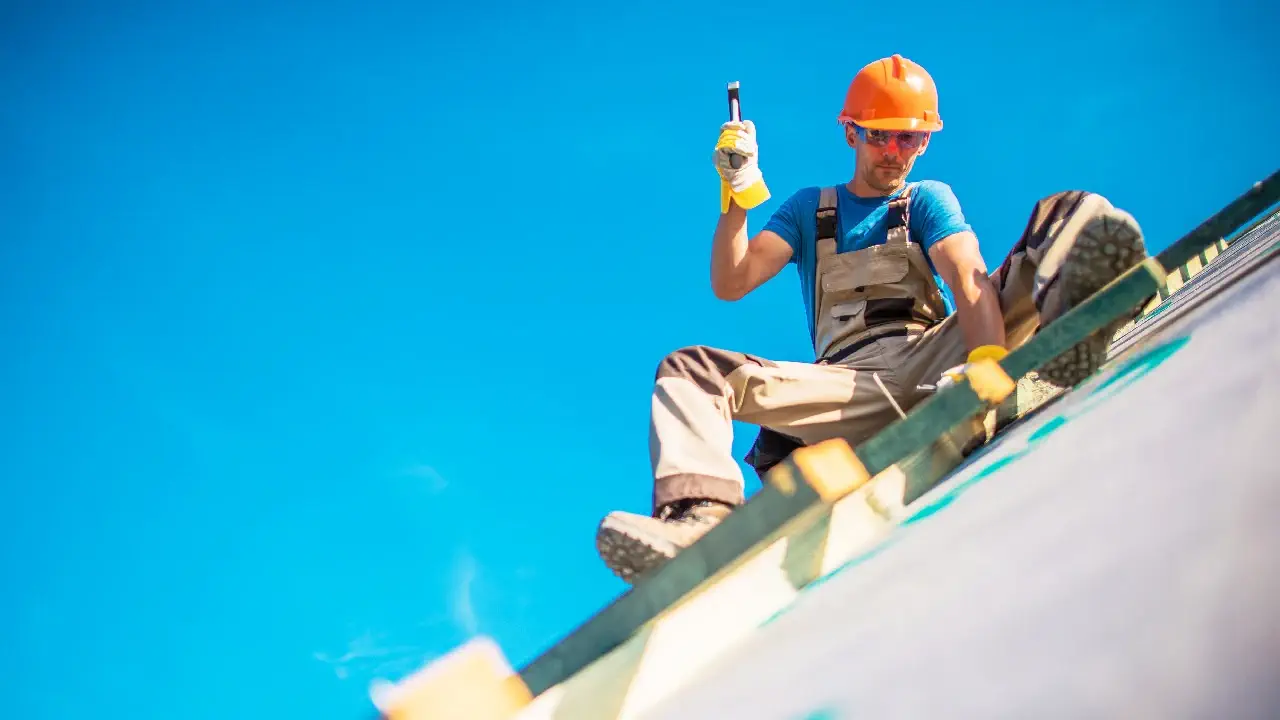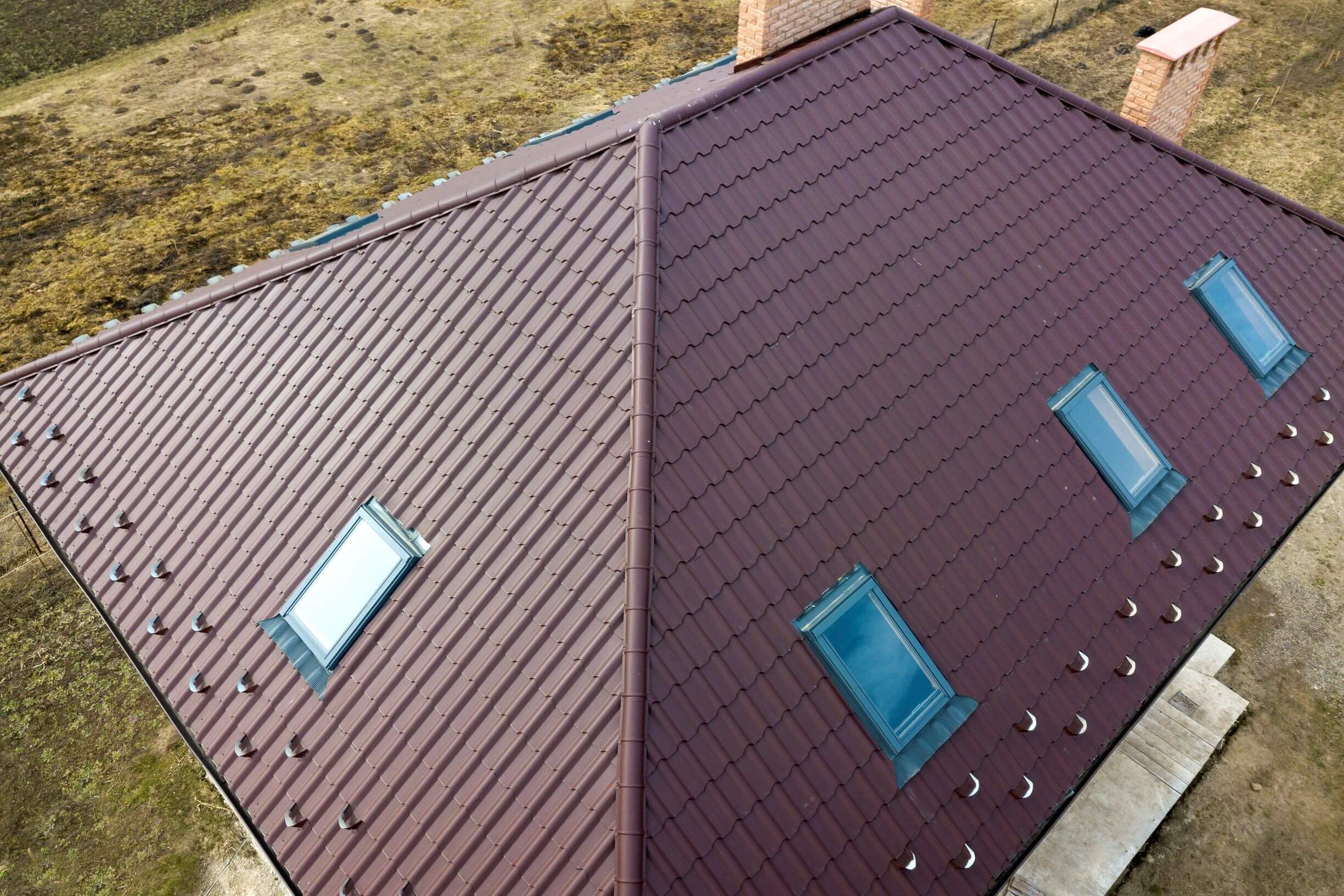Keeping your roof in tip-top shape requires knowing to care for it. At Guardian Roofing, our Houston roofing contractors encounter many misconceptions that homeowners believe.
As homeowners, you should view your roof as an important business investment. One poor decision or slip of judgment could result in severe roof damage. A few examples include moisture problems, structural damage, or leaks. If left unaddressed, these issues can lead to bigger problems over time.
Our team of roofing contractors is here to help. We want to help you avoid the headache often accompanied by these common roofing myths.
Here we cover 6 of the most common roofing misconceptions you might be following.
MYTH #1: Modern Roofs Can Last A Lifetime
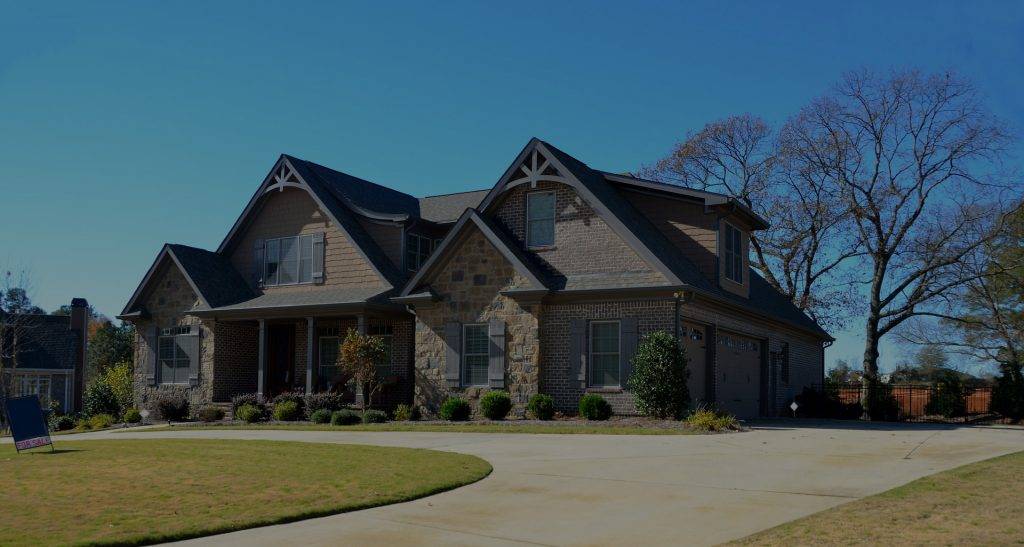
Wouldn’t it be nice for our roofs to be indestructible? Sounds like a dream! This idea instead falls under the “too good to be true” mantra we all know so well. Although modern roofs are more durable than ever, the typical roof lasts no longer than 30 years max.
“Modern roofs can last more than 30 years if you choose correctly.”
Most roofs start crumbling prematurely without proper maintenance. The good news? You can increase the lifespan of your roof with the help of reliable Houston roofing contractors.
MYTH #2: Dirty Roof? Use A Pressure Washer!
During autumn, it is normal to expect leaves or moss to fall onto your roof. In the springtime, rain may produce excess moisture—causing pesky mold-growth to appear.
A pressure washer might seem like the perfect solution to this problem. But, in the end, they do more harm than good.
Pressure washers are a great tool for cleaning cars, decks, driveways, houses, and so much more. Roofs should not be on this list.
Why might you ask? The intense pressure from the power washer can severely damage your roof tiles. Even worse, it could cause water to seep beneath the tiles- leading to an overgrowth of mold or mildew.
Instead, do yourself a favor and opt for a regular garden hose to get the job done.
MYTH #3: Roofing Problems Are Covered By Material Warranties
Before purchasing a material warranty, you might want to take a second look at the fine print. Material warranties only cover defects for roofing materials, which only represents less than 1% of roof failure.
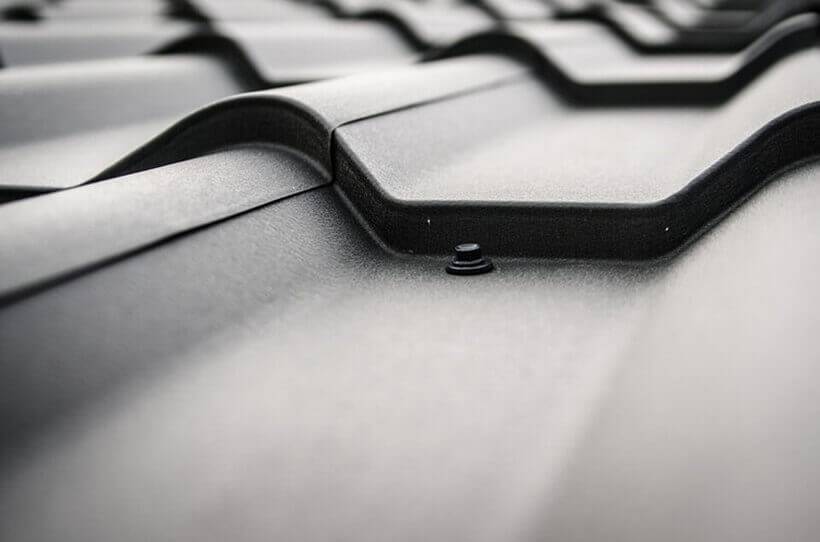
Translation? Problems such as poor installation, harsh weather, or improper maintenance are not covered.
MYTH #4: No Signs Of Damage? No Need For Maintenance
There is no such thing as a functioning roofing system that doesn’t need regular maintenance. Roof maintenance is critical to preventing extensive repairs or replacement in the future. In fact, the number one cause of roofing problems is a poorly maintained roof.
Before you overlook a minor problem, contact a professional contractor to assess the damage. Remember: the longer you neglect your roof, the shorter its lifespan.
You need regular roof maintenance to avoid expensive repairs.
MYTH #5: You Can Replace Damaged Shingles With New Shingles
Let’s set the scene: you identify a small leak in your roof. Instead of calling a trusted roofing contractor to repair the roofing problem, you decide to fix it yourself. Good idea, right?
Wrong. The truth of the matter remains: nailing down a few shingles to cover a crack will not fix the issue. Rather, it will start a domino effect of sorts. With each nail, you form new holes in your roof; and without proper sealant, can lead to more leads down the road.
A safe alternative is to have an expert roofing contractor to remove the faulty shingles and install new ones.
MYTH #6: Roof Replacement Doesn’t Require A Professional
The roof is a complex system. Not only does it cover the top layer of your house, but also insulates, protects, and maintains its structure. So, it makes sense to want to make sure it is in as good of shape as possible.
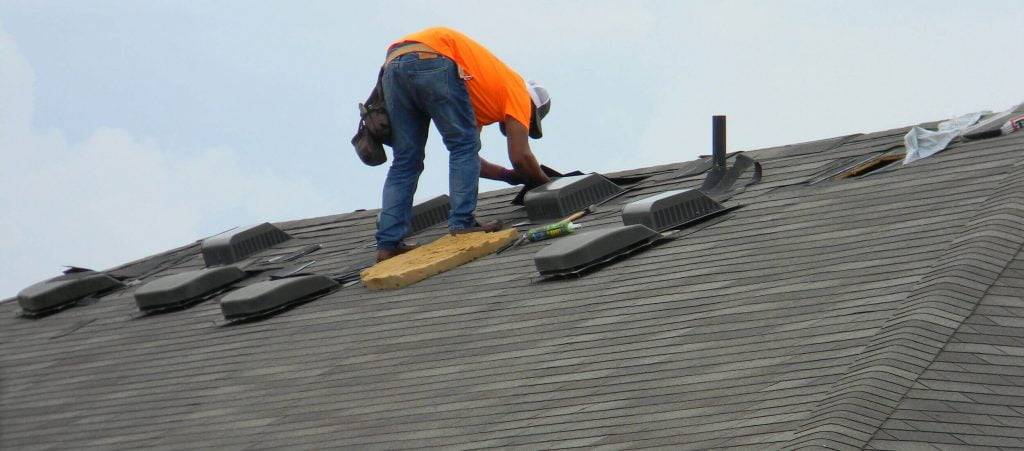
Many homeowners attempt to repair roof damage without the help of a professional roofing contractor. The truth of the matter remains: roofing contractors are experts in the field. They are trained to spot and repair even the smallest the tiniest sign of roof damage.
While it may seem cheaper to try to patch up leaks or other roof problems yourself, it’s usually a bad idea. And, more often than not, leads to bigger problems down the line if the repair job is done incorrectly. Additionally, there are significant dangers due to falling associated with self-performed roof repair that are better left to roof repair professionals.
DON’T DELAY! CONTACT OUR HOUSTON ROOFING EXPERTS AT GUARDIAN ROOFING FOR TIMELY INSPECTIONS AND ROOF MAINTENANCE
The quality of your roof is in your hands. If you need your roof inspected or repaired, call (832)-998-3458 today to speak with one of our roofing contractors at Guardian Roofing.
6 Myths About Roofing Repair and Maintenance You Should Know | Guarding Roofing – Houston, TX
